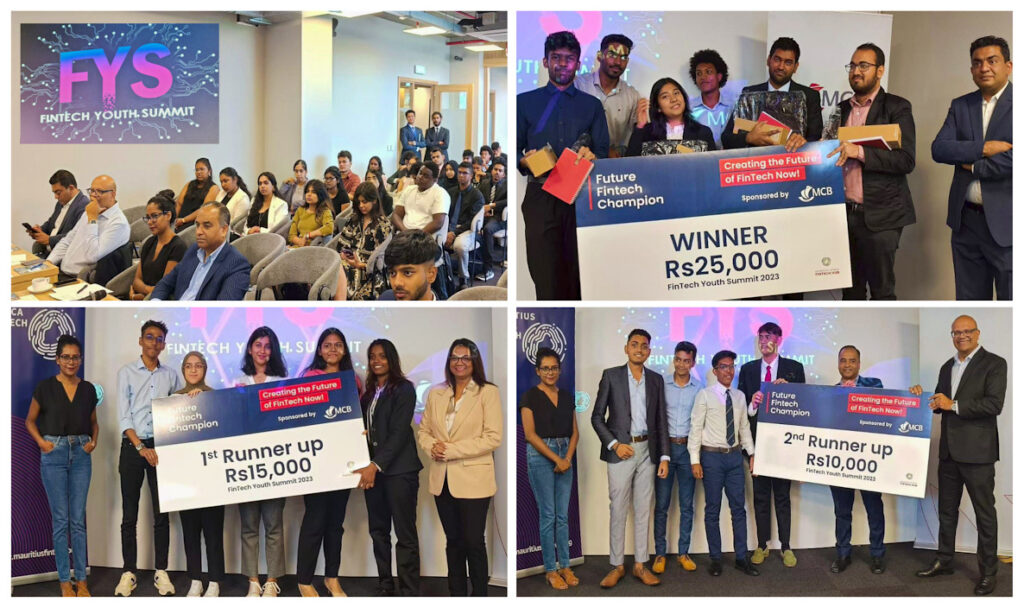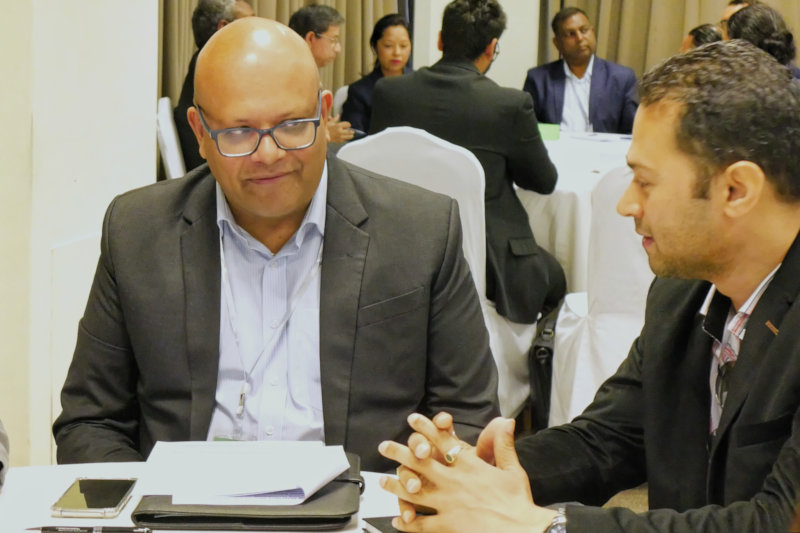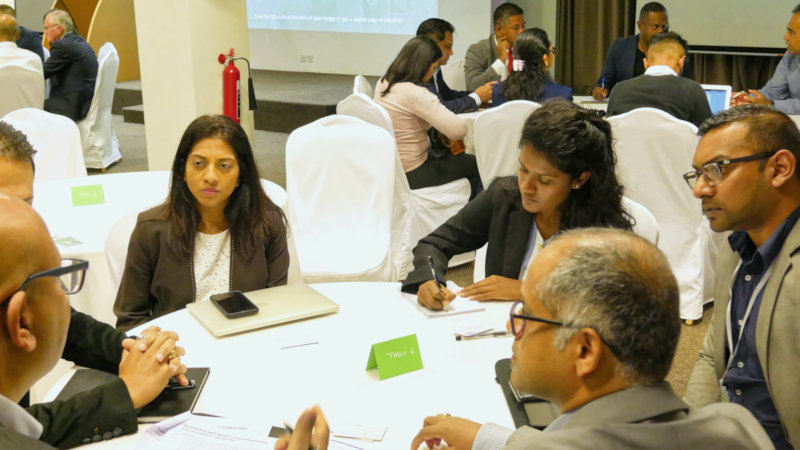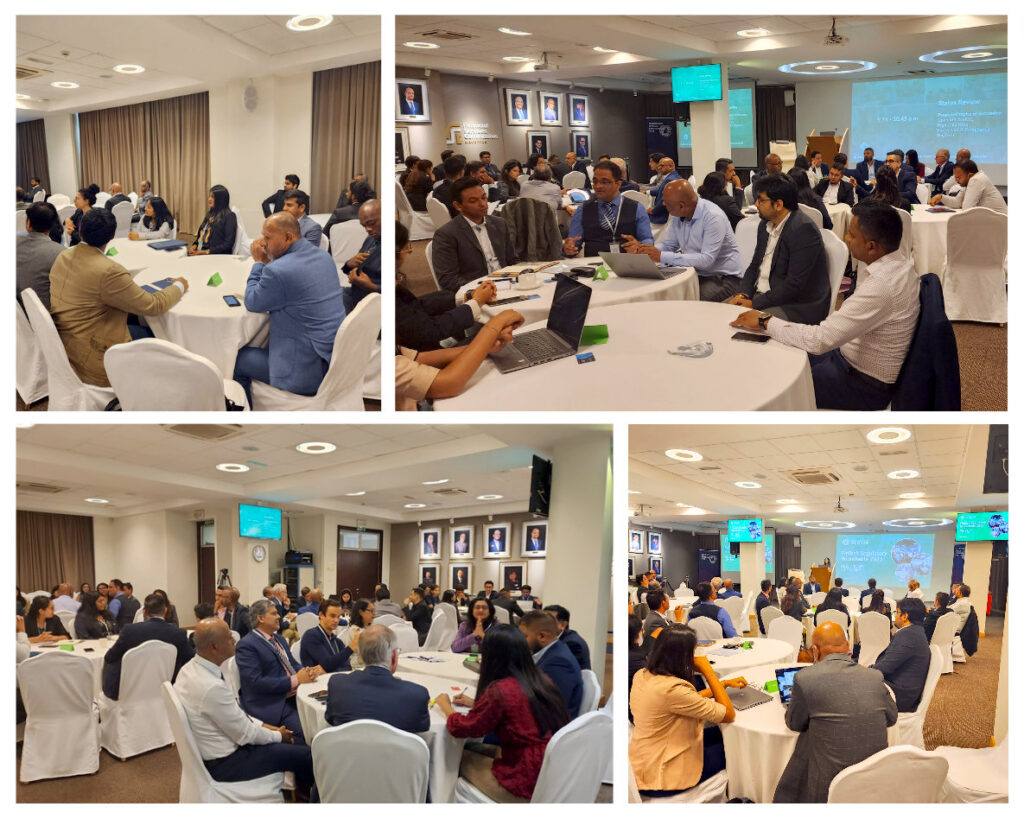
On Friday 8 December 2023, I was a member of the jury during the FinTech Youth Summit 2023 organised by the Mauritius Africa FinTech Hub under the sponsorship of the Mauritius Commercial Bank. The three other jury members were Benazeer Saïdoo (Mauritius Africa FinTech Hub), Vishal Ramphul (MCB Group) and Kamal Burun (Financial Services Commission).
Nine teams of young people pitched interesting ideas for innovation in the FinTech industry in Mauritius. Pitches were on topics such as Banking for Digital Natives, Disruptive Banking for SMEs & Corporates and Internet of Things (IoT) & Banking. Some of the pitches were brillant and, in my opinion, if developed further, could be the foundation for successful businesses.
It was an interesting experience for me and I’m sure for the young presenters as well. I wish them the very best for the future.



